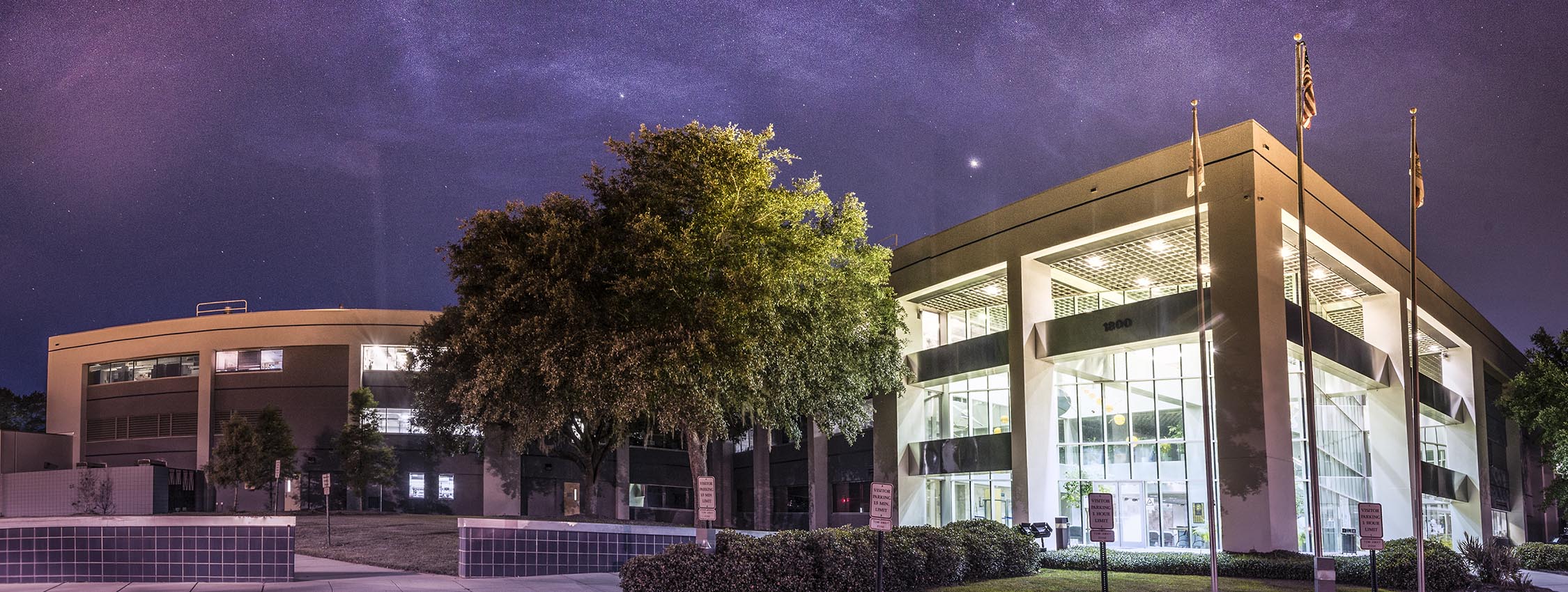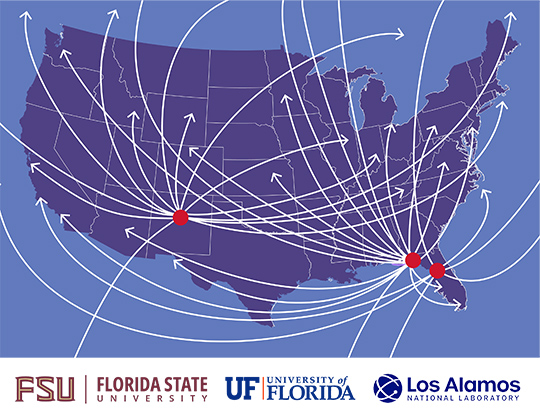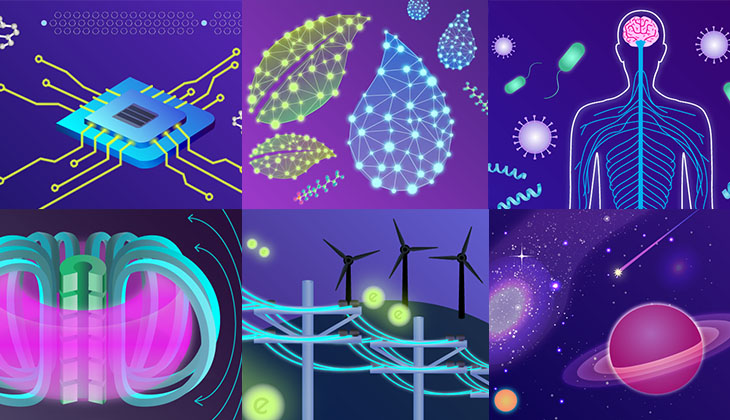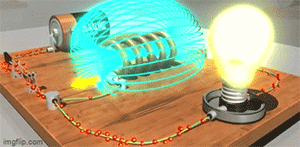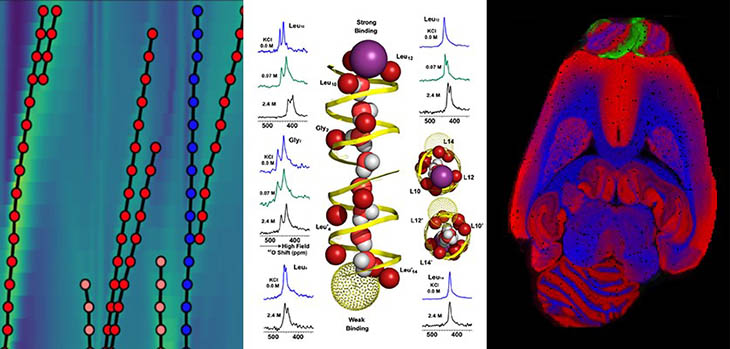Hidden Quantum Structure in Insulator is More Like Metal
Scientists at the MagLab found metal-like signals from neutral particles inside an insulator, uncovering a hidden quantum structure.
Successful Superconducting Test
MagLab successfully tested a high-current REBCO superconducting coil, proving it safe and strong for a future 40-tesla magnet—possible only in the lab’s unique high-field test facility.
An Antarctic Adventure
MagLab chemical oceanographer Lydia Babcock-Adams will spend two months on a research voyage to Earth’s most remote continent.



